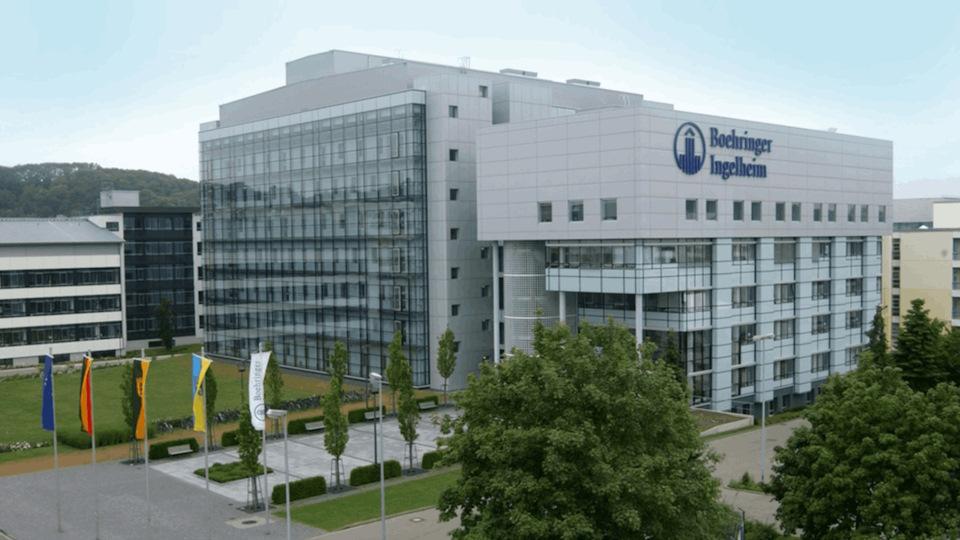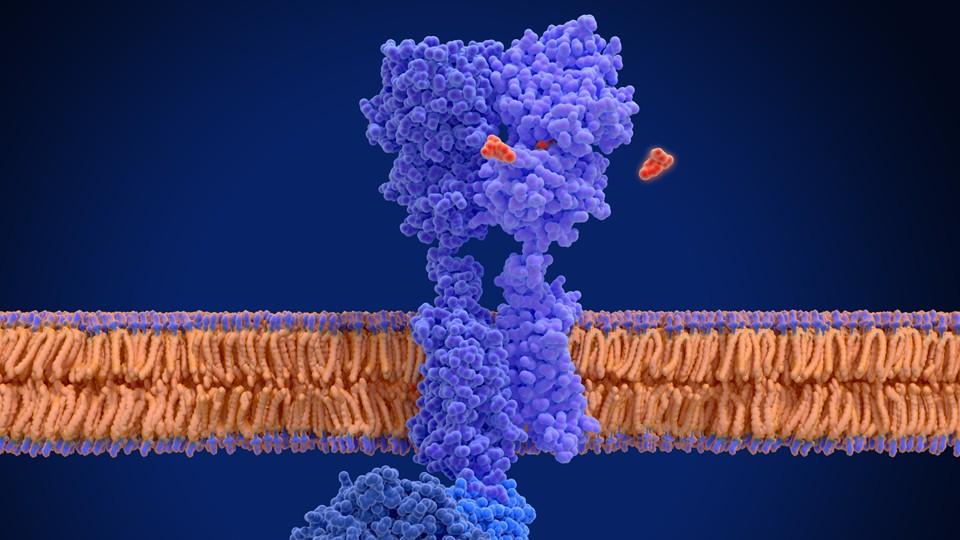Boehringer puts IBM's GenAI into its antibody discovery tank

In another example of the pharma industry embracing generative artificial intelligence (GenAI), Boehringer Ingelheim will use technology developed by IBM to rev up antibody discovery and development.
The partnership announced this morning will see the German pharma group deploy IBM’s foundation model technologies – machine learning models that can be trained on unlabelled data to carry out a range of applications – in its R&D operations.
According to the two companies, Boehringer will be using an IBM-developed, pre-trained AI model that will be further fine-tuned on additional Boehringer proprietary data with the aim of coming up with “efficient therapeutics”.
They said that, while antibodies are a very important category of therapeutic molecules, the discovery and development of antibodies against diverse targets remains “highly complex and time-consuming.”
Specifically, the GenAI and foundation model will be used to look at sequence, structure, and molecular profile information of disease-relevant targets – as well as the criteria that make for a successful antibody molecule, like affinity, specificity, and developability – to come up with potential therapeutics ‘in silico’.
Various antibody candidates will then be screened with AI-enhanced simulation to select and refine the best binders for a target. Thereafter, Boehringer will produce small quantities of the drug that can be tested experimentally.
IBM’s foundation model relies on a wide range of heterogenous, publicly available data sets, including protein-protein interactions and drug-target interactions that can be used to develop pre-trained models, said Boehringer.
AI and deep learning have already transformed several aspects of small-molecule drug design, but the application of the technologies to biologics remains in its infancy. Last year saw a stride forwards, for example, when the first-ever computationally designed antibody created by Biolojic Design entered a clinical trial.
Eventually, the aim is to develop a ‘lab-in-a-loop’ system, where the results from lab testing is fed back into the AI to further train the system to come up with even better antibodies. Last week, Roche’s Genentech unit formed an alliance with NVIDIA based on a similar premise that is also focused on large-molecule medicines.
Andrew Nixon, global head of biotherapeutics discovery at Boehringer, said that IBM “share our vision of making in silico biologic drug discovery a reality.”
Earlier this year, the German pharma company reported that its GenAI platform was able to predict the physico-chemical properties of drug-like small molecules.













